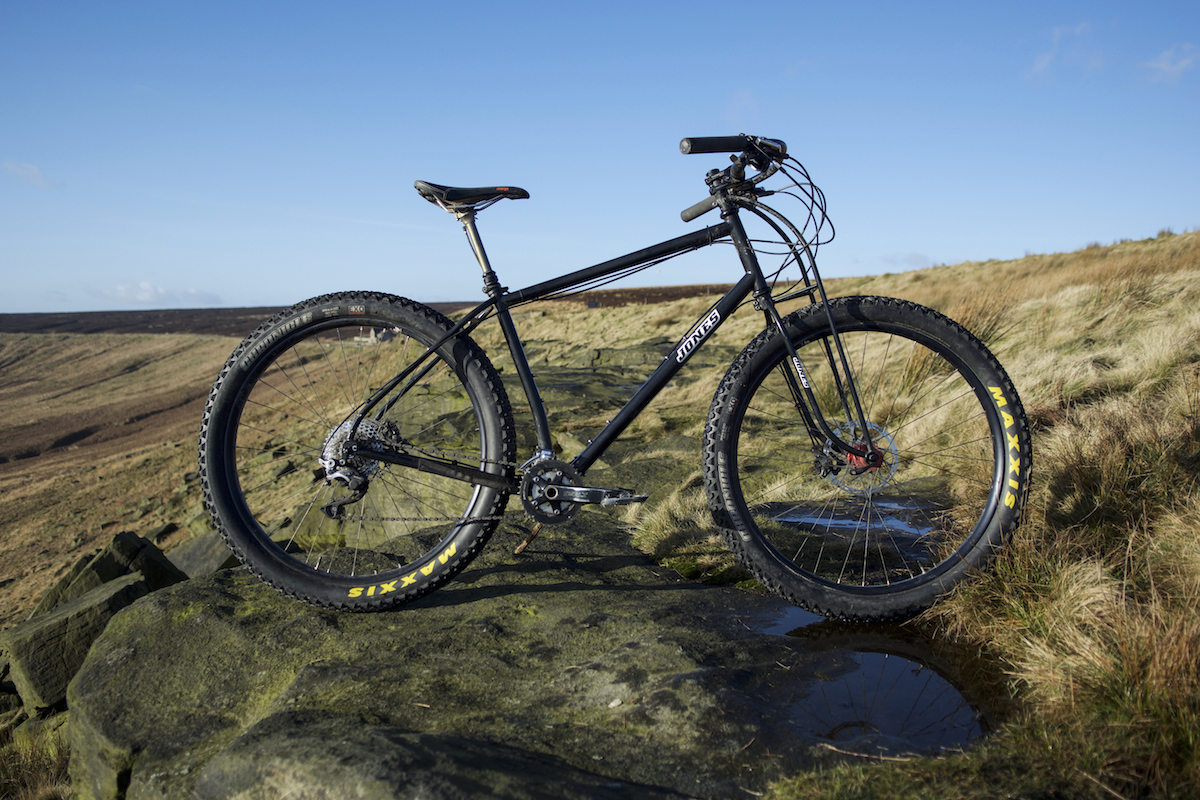In Issue 111 of Singletrack Magazine, Mr Barney Marsh reviewed three different wagon wheelers as part of a 29+ group test
Oregon-based Jeff Jones has been ploughing his idiosyncratic furrow for a while now, and he’s garnered legions of fans by so doing. So it’s no surprise that the Jones Plus merrily goes its own way while thumbing its nose at received wisdom.
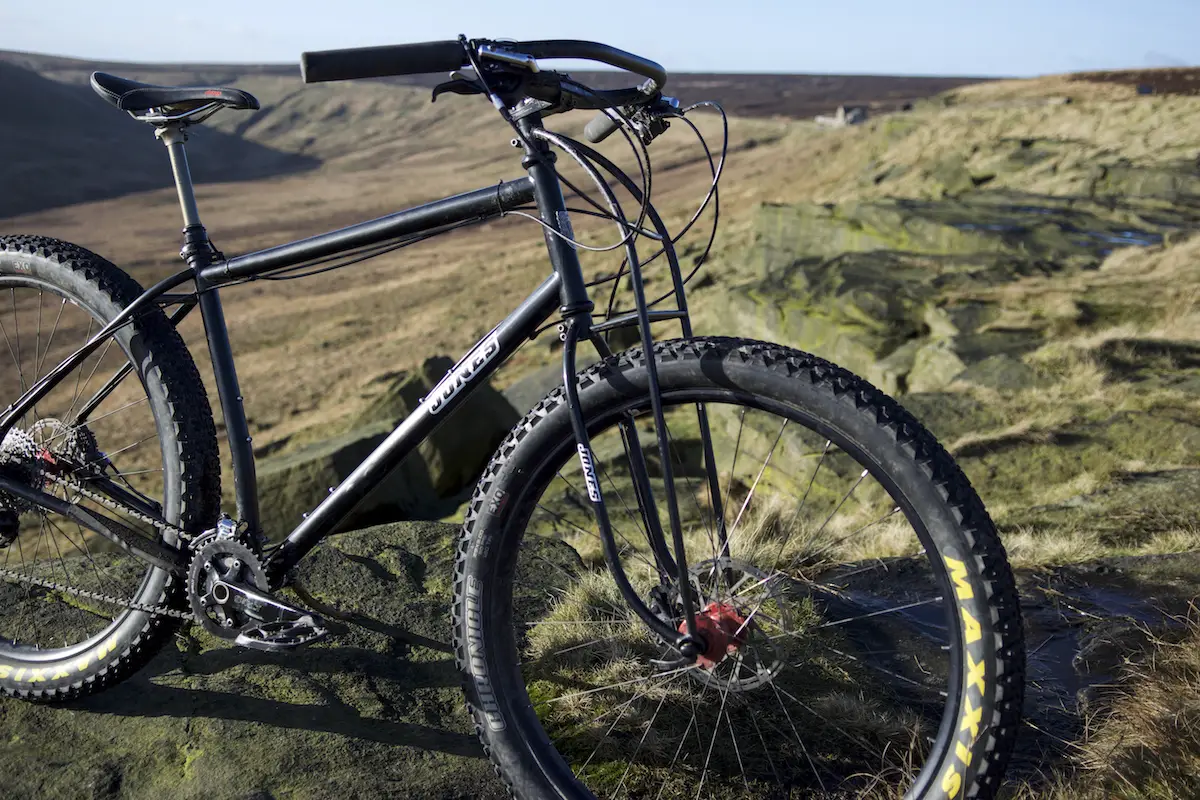
Our steel test bike is the larger of the two Plus framesets on offer, with an estimated top tube of 25 inches – the Jones website recommends altering it for riders between 6ft and 6ft 6in by changing the amount of layback on the post and the length of the stem. The frame has a 67.5° head angle, which couples with the spaceframe fork’s extraordinary 76mm of rake (the other two bikes in our test have around 51mm) and the long 482mm chainstays to make for a very long wheelbase.

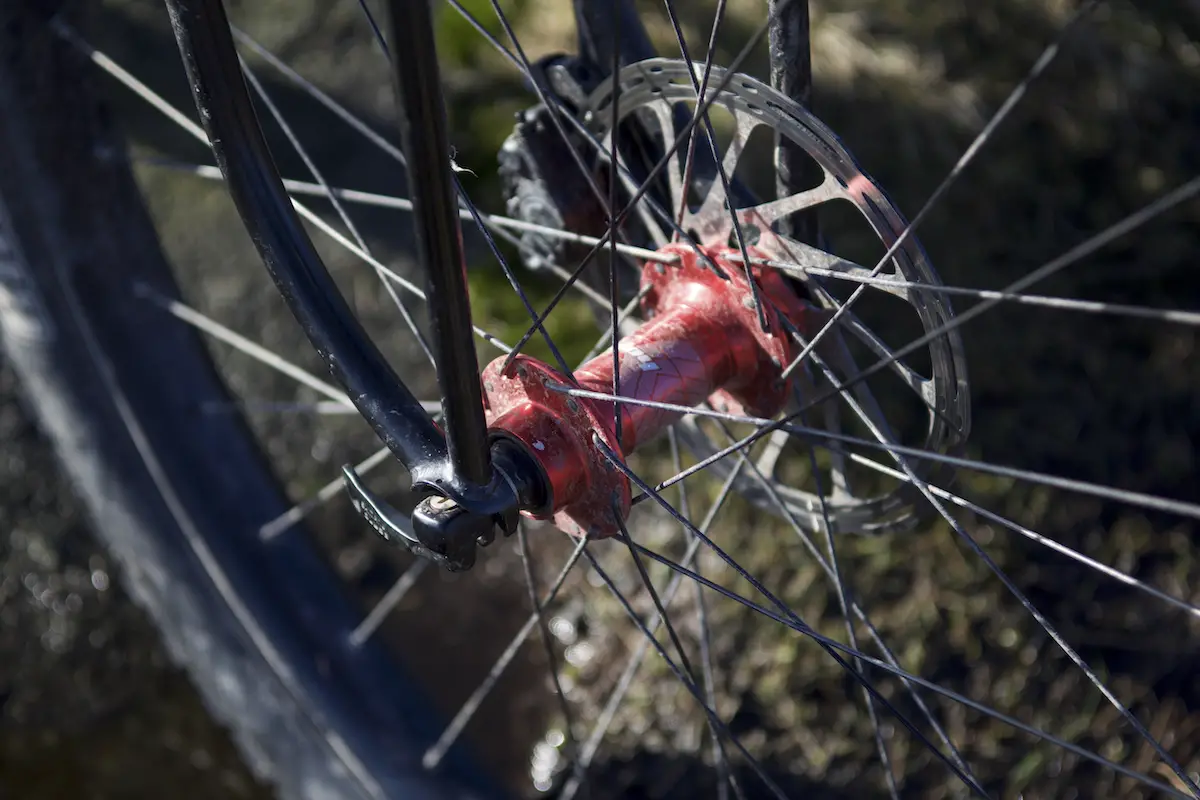
The Jones is available as a frame and fork set (ours has 135mm dropouts, although new frames come with 148mm thru-axle back ends, and in a very spiffy bright green colour) so you’ll be speccing the parts yourself, but we’ll briefly touch on the components on our Jones.
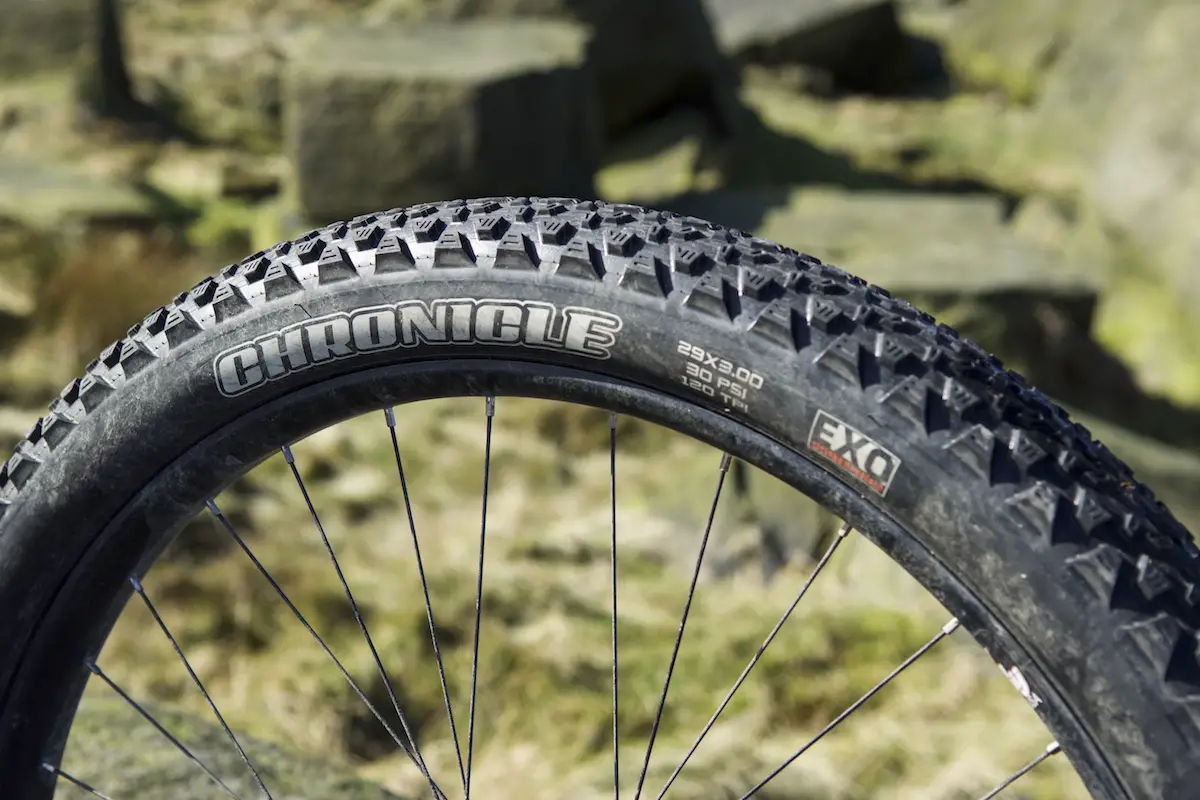
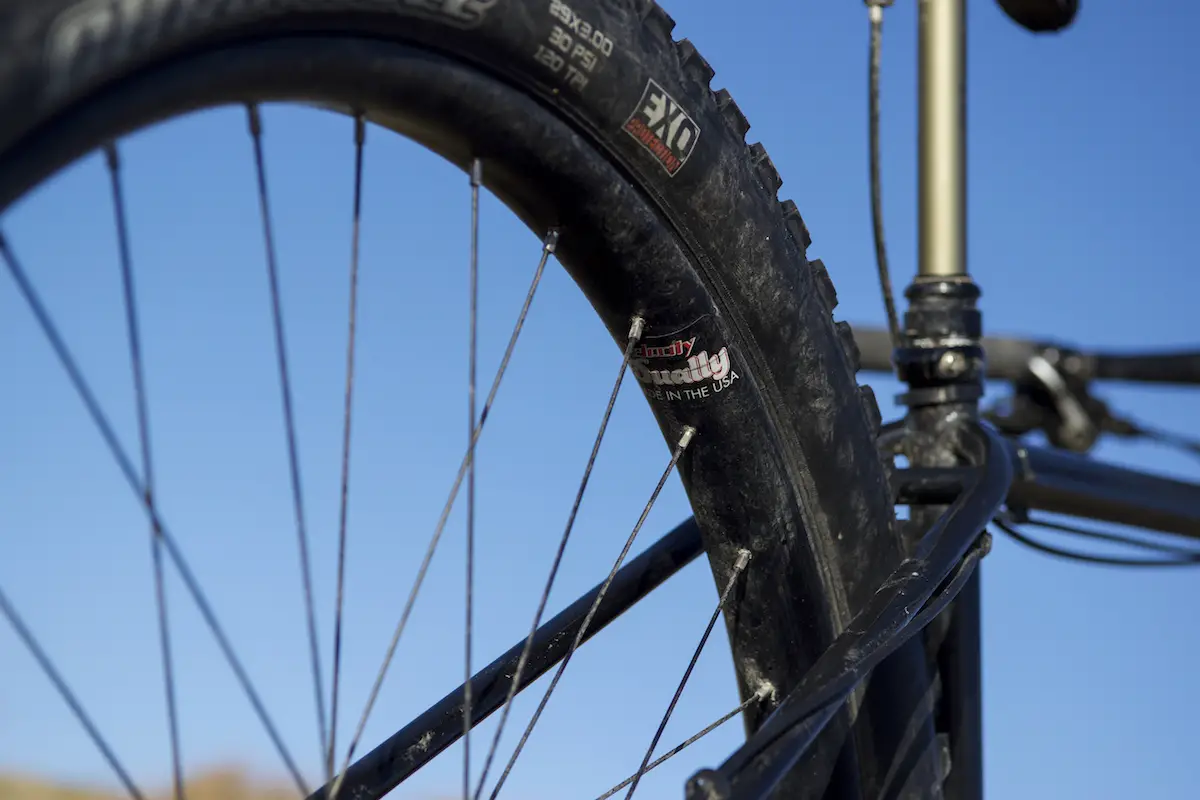
First up, it naturally comes with Jones’ unusual (surprise, surprise) bars. Enormously swept back, the idea is that they offer multiple handholds, and there’s no denying they go some way to increasing the unique feel of the rest of the bike. A Thomson stem attaches this to the fork – we tried the supplied 110mm stem for the lankier of leg, and a much shorter 50mm one for somewhat shorter testers.

The headtube is long at 194mm, which conspires with the dual-clamp nature of the truss fork to keep the stem high, although this is mitigated by running the bars at a slight downward angle. A Thomson externally routed dropper post, topped with a Charge saddle, is fitted, which proved a boon. Honestly, it’s hard to think of a mountain bike which isn’t improved by a dropper. Dropper choices are slightly limited, though, as the Jones Plus runs a 27.2mm seatpost.
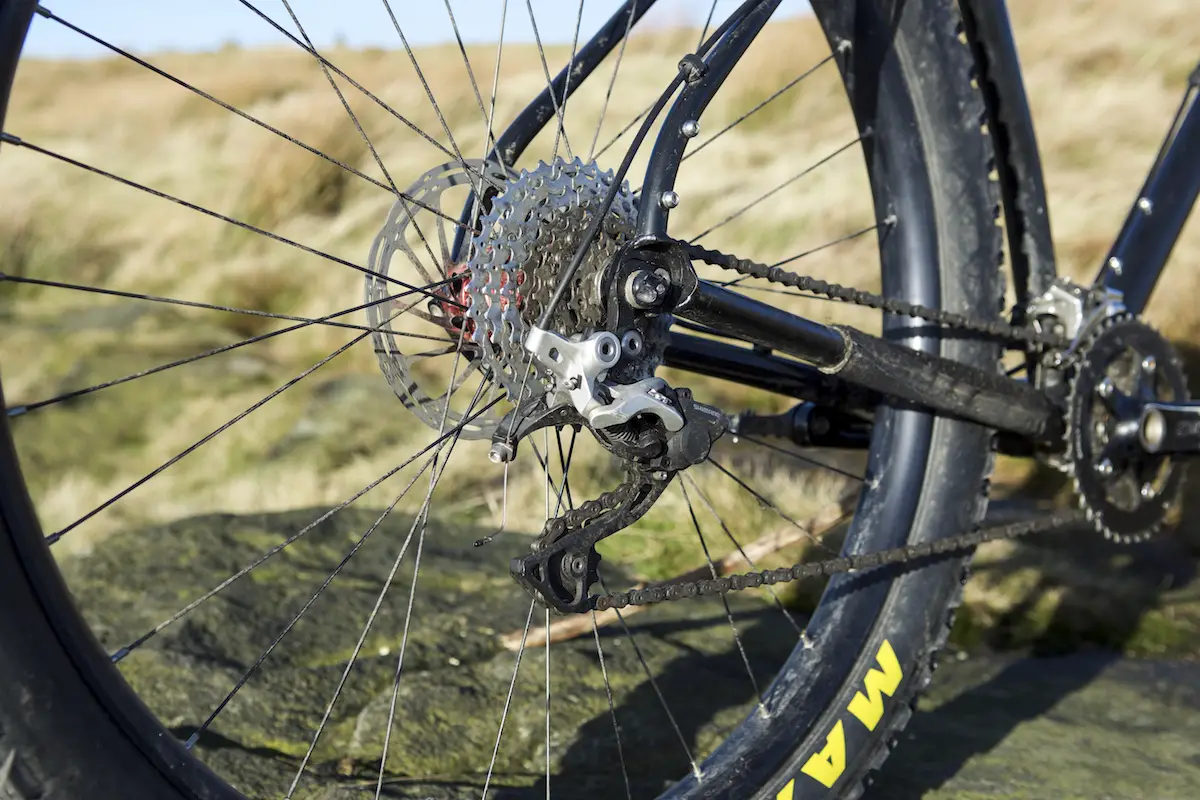

A Surly 2x chainset works with XT mechs, shifters and brakes to keep the Jones truckin’. The whole shebang floats on Hope hubs with Velocity Dually rims, shod with Maxxis Chronicle Plus tyres.
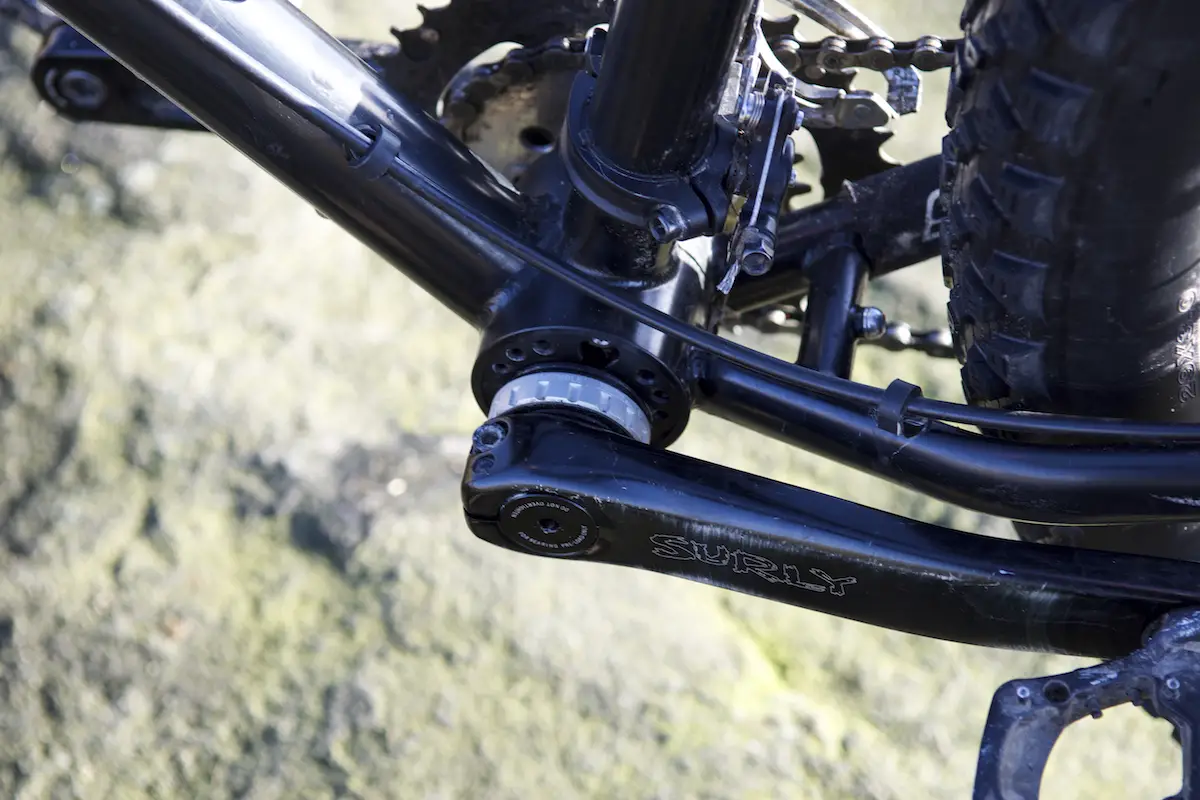
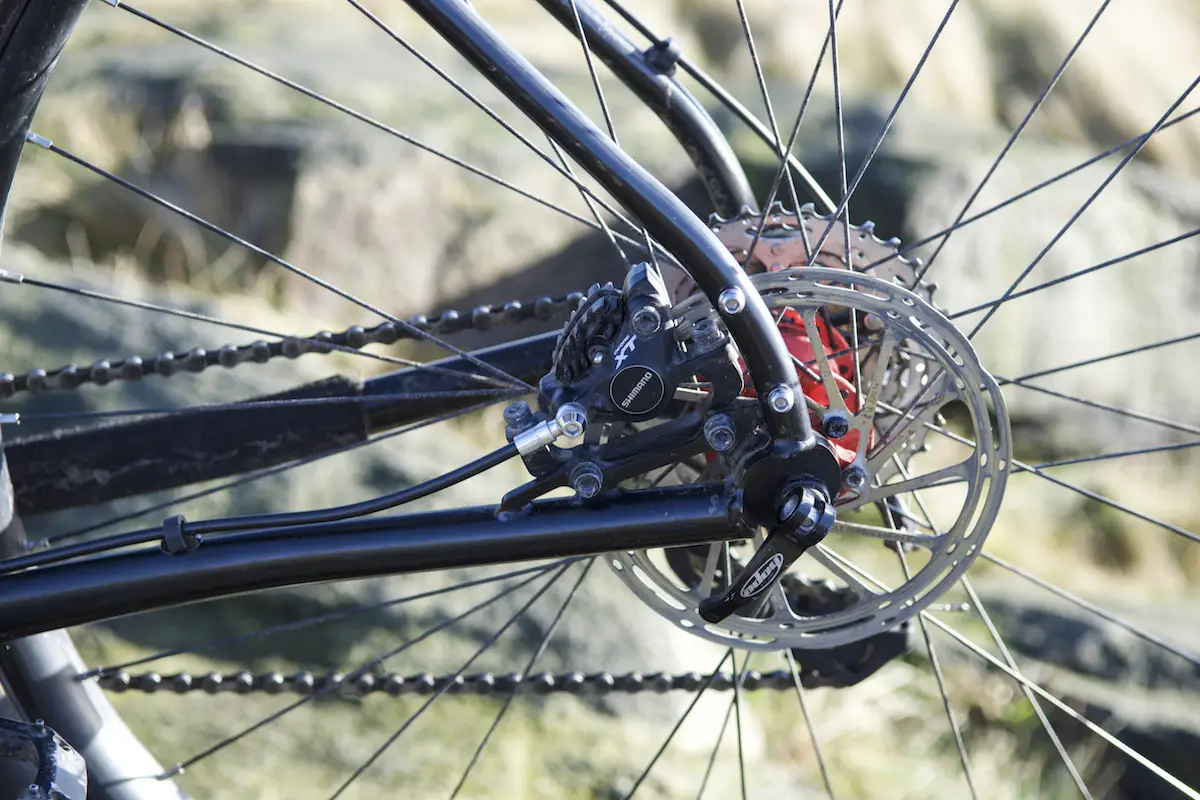
The Ride
So let’s swing a leg over this monster, and see what happens. Well, the first thing is that you need to leave any preconceptions by the door. The first time I rode it, the Jones felt distinctly odd. As promised on the website, there’s loads of room in the cockpit for body English, but it does feel pretty upright compared to ‘normal’ bikes, thanks to that headtube and fork. But like I say, you need to throw your preconceptions away – unusual isn’t necessarily worse…
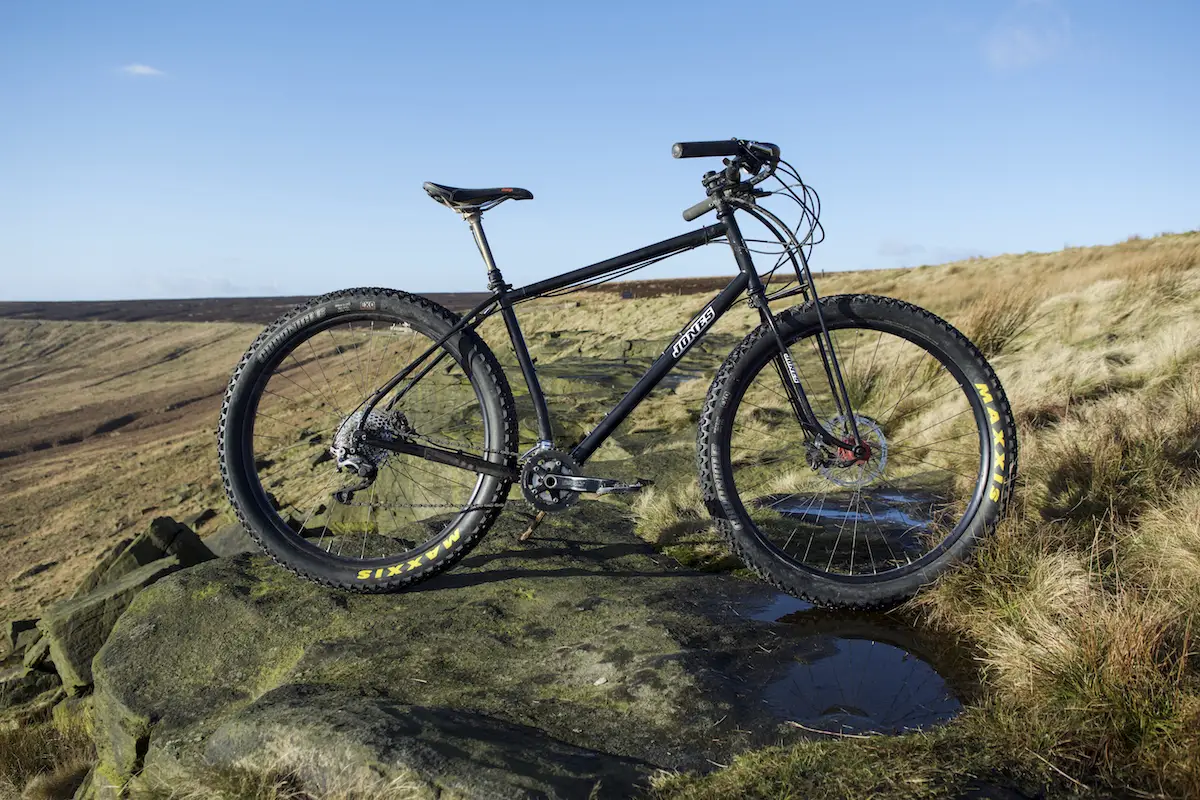
The bars give a variety of positions, true, but they also alter the way the bike handles. Run your hands further up the bars, and the distance between them narrows as the effective stem length increases. This seems pretty well suited to long drawn-out climbs. Come to a descent, and run your hands to the ends of the bars. The sweep is such that the effective length of the stem drops dramatically, and you’re rewarded with a commensurately faster-handling bike.
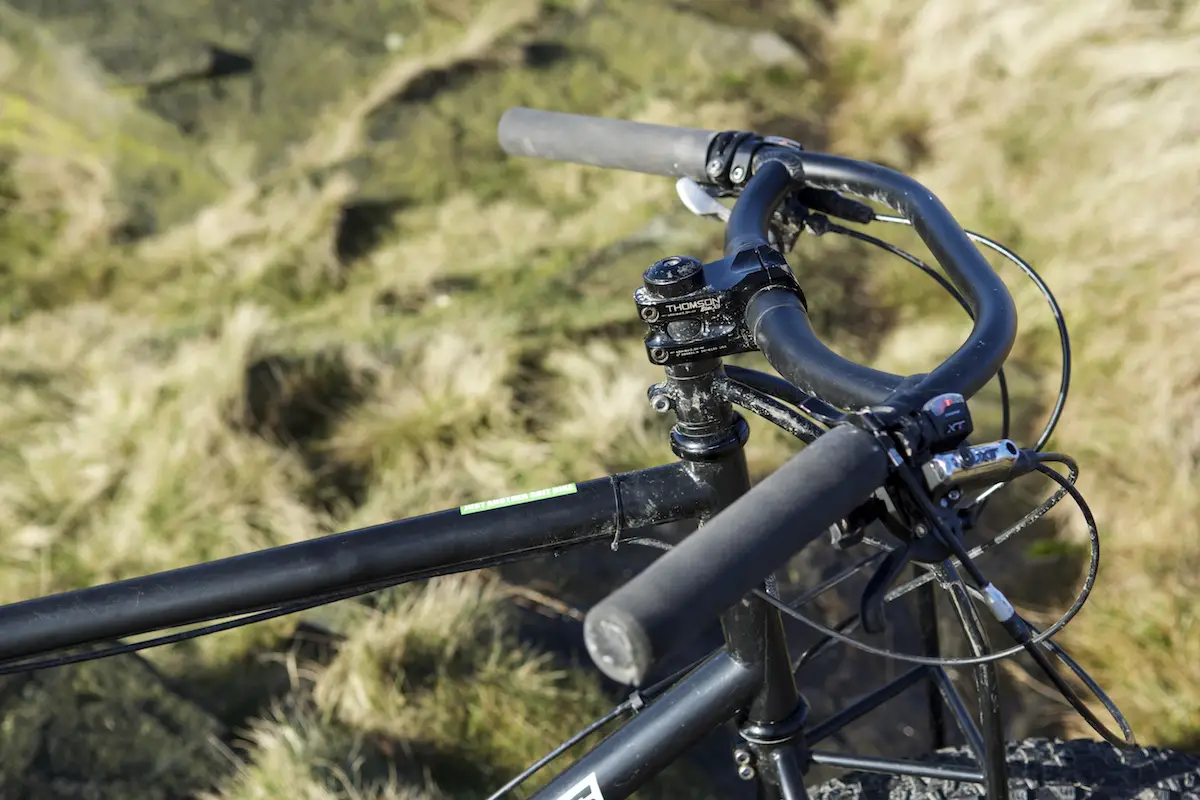
That’s not to say it’s twitchy, though. The length of the Jones means it’s nothing if not stable at speed. It’s not nearly as cumbersome as I expected in tight twisty stuff once you’re used to it, however. True, the first ride or two were marred by frequent tyre scuffs when I was hoping for sinuous and silent singletrack snaking, but once I’d got my eye in things settled down nicely and it became a complete blast. It’s just a question of relearning where and when to turn, especially when coming straight from a much shorter bike.
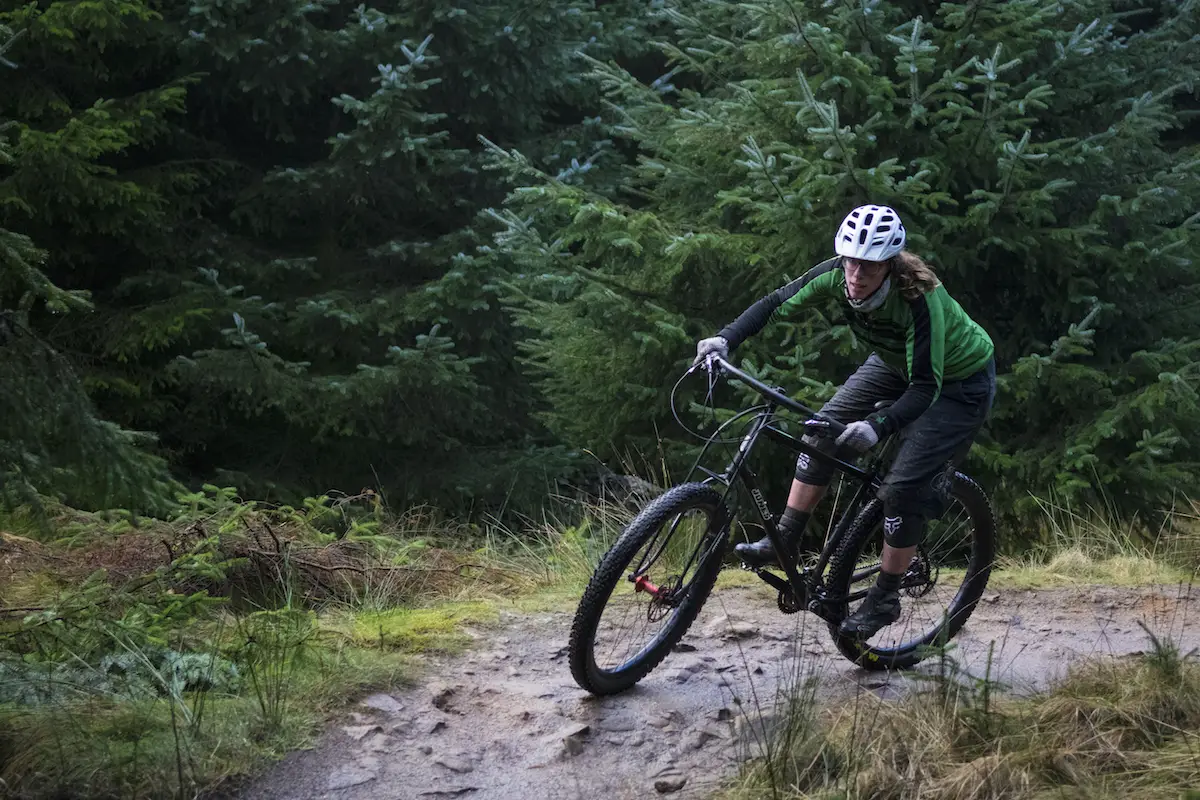
The front end, too, initially seemed difficult to lift, but once I’d figured that my weightings needed to be slightly different (body Oregon?) things started to fit together magnificently. The rigid nature of the bike did make itself known on a couple of occasions – particularly very fast and rocky technical sections which didn’t seem to be this bike’s forte – but at least one of the reasons for this is that I was going into them far too hot, such is the Jones’ composed nature – after a while the design, and those huge wheels, instil an impressive sense of competence which is hard to ignore. The Plus operates very well in these areas at slightly slower speeds, but don’t expect to be keeping up with your full-suss mates on the very steep stuff. Everywhere else, though, they’re fair game – not bad for a fully rigid bike.
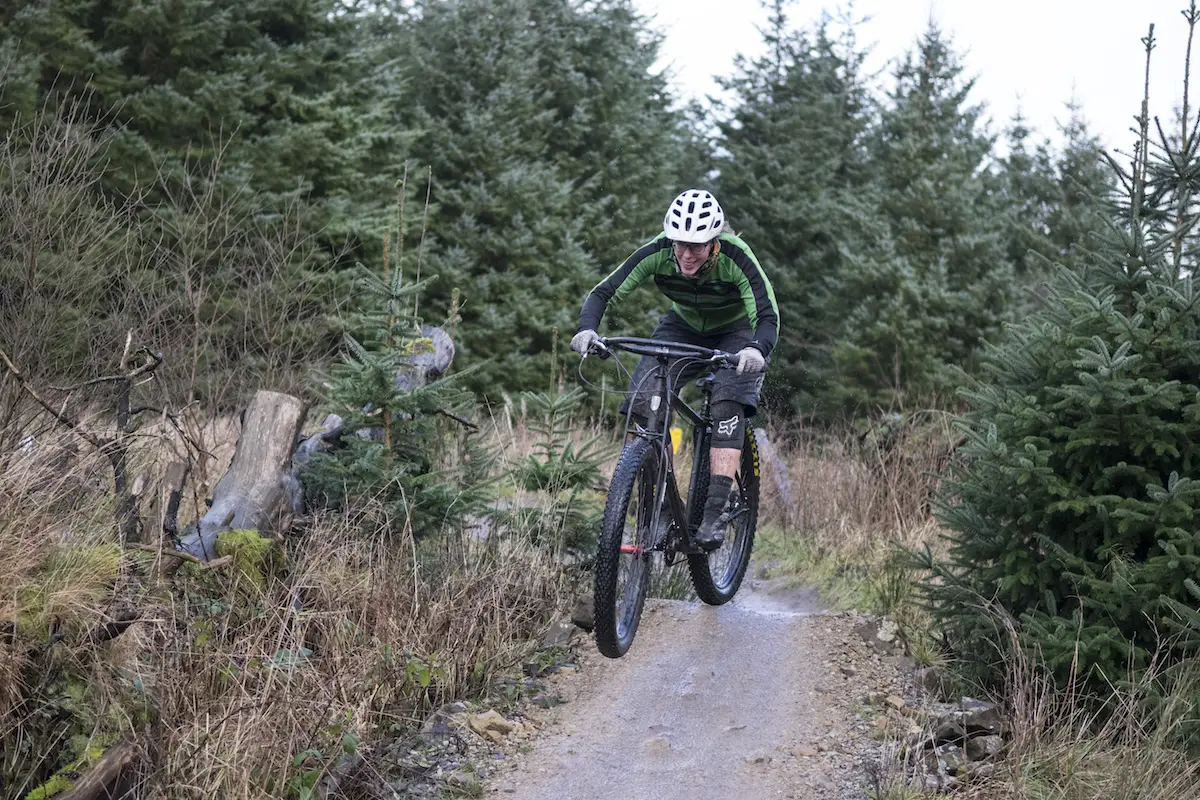
Overall, it’s unique, there’s no question about that. It excels at the smooth, the fast, and the sinuous, and it rides much, much better than a snooty, preconception-filled look over its numbers might suggest. And while many – with good reason – will take the Plus on long-distance touring epics, this is just as much a full-on trail bike.
Only different.
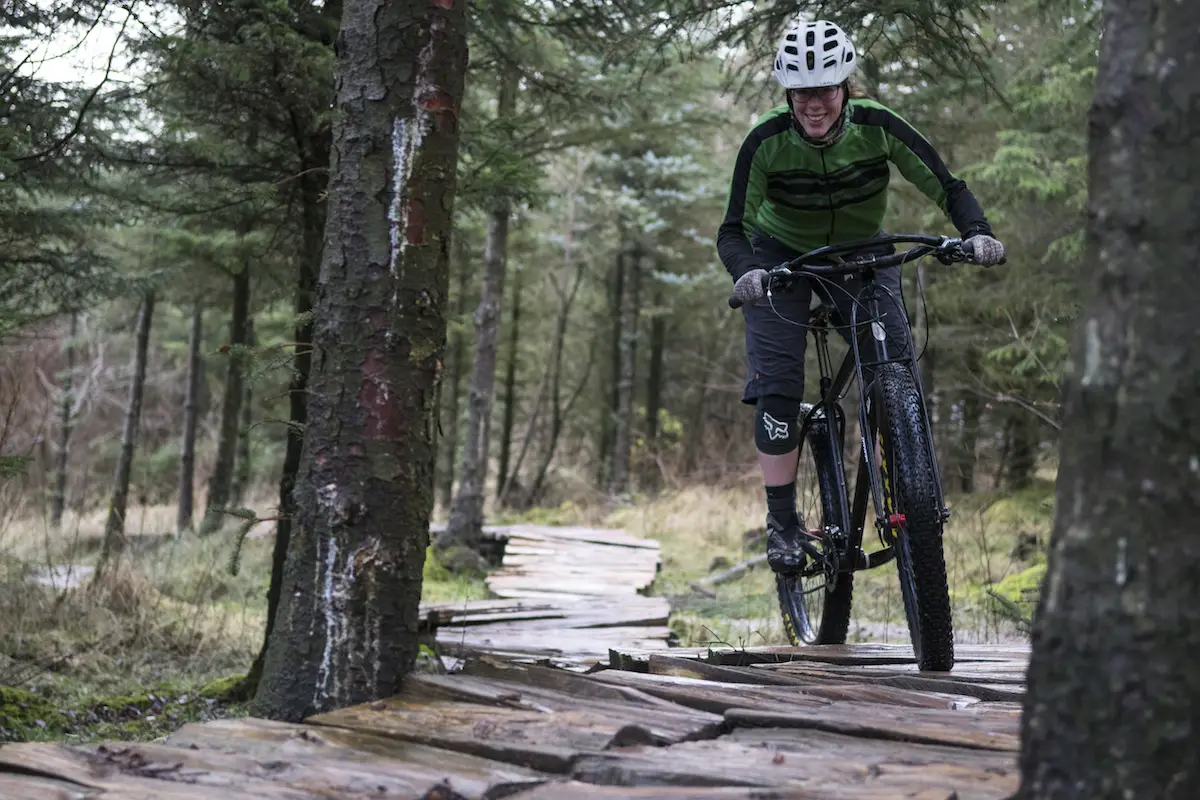
The Verdict
The Jones Plus is perhaps the most outré of the bikes out of the three, despite looking (from the stem back, at any rate) the most conventional. Huge fork rake, weird fork, loooong chainstays, and a resultant whopping wheelbase. This, surely should be an absolute cow to ride? Well, no. No, it’s not. Granted, it doesn’t feel like any bike you’ve ridden before, and you’ll need to learn how to coax the best out of it, but when you’ll do, you’ll find that its best is very good indeed.
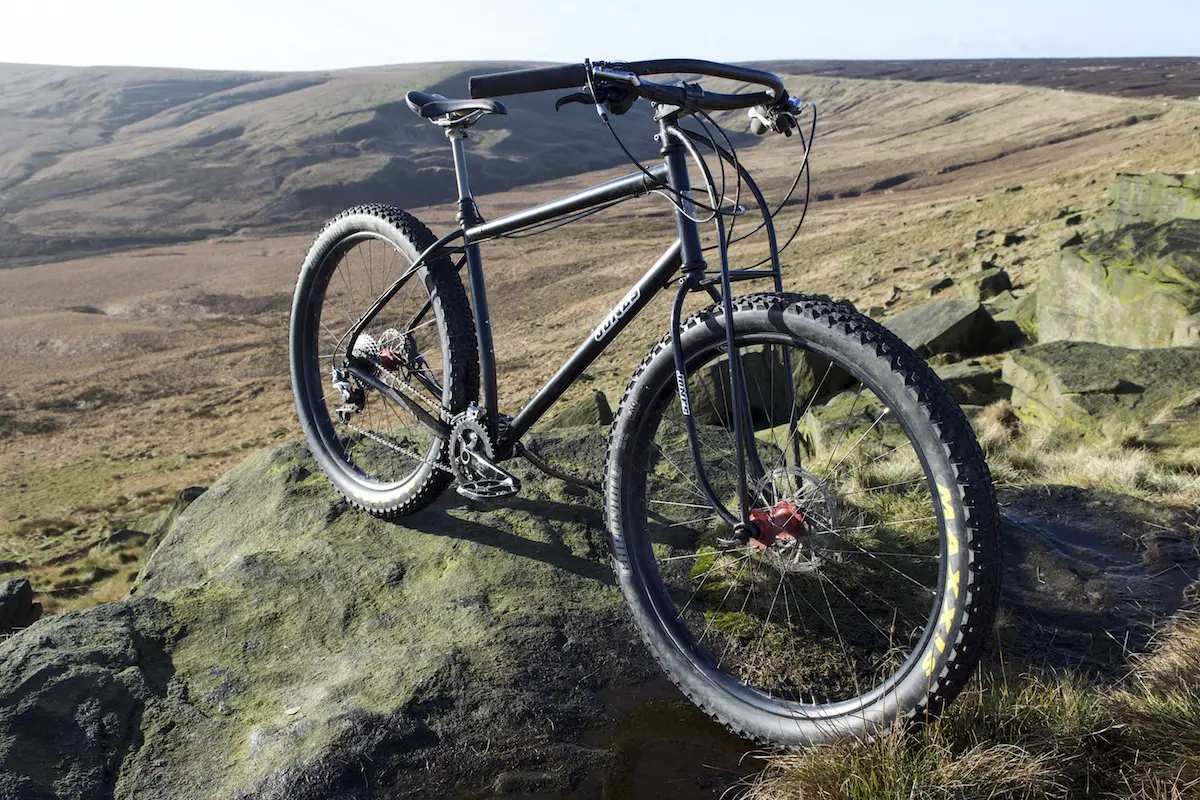
Jones Plus Specifications
- Frame // Jones Plus 4130 cromo
- Fork // Steel Truss fork
- Shock // N/A
- Hubs // Hope 135mm
- Rims // Velocity Dually
- Tyres // Maxxis Chronicle
- Chainset // Surly Mr Whirly
- Rear Mech // Shimano XT
- Shifters // Shimano XT
- Brakes // Shimano XT
- Stem // Thomson X4 110mm
- Bars // Jones H-Bar Loop Aluminium
- Seatpost // Thomson Elite Dropper
- Saddle // Charge Spoon
- Size Tested // 25in
- Sizes available // 24in, 25in
- Weight // 14.36 kg (31.6 lbs)

